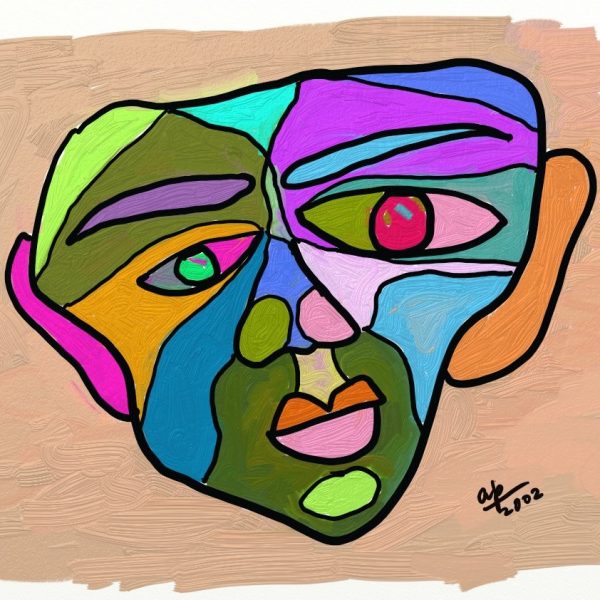‘I don’t like kindle. It doesn’t smell like a book,’ tweeted a friend, and the words left me wondering if a kindle must really smell and feel like something that it is not. For instance, a book never adopts the smugness of a smartphone, and it doesn’t bother me. Our obsession with making everything seem similar and familiar resembles an infection. Just look around and you will find this just as widespread. This tendency is worse than the pandemic that we now know so well.
Before moving on to a few seriously unnerving instances where this disease of turning everything similar is causing a lot of turmoil around the world, lets us first talk about the kindle vs printed book confusion. So, why must kindle smell like a conventional book? Will this one feature give a kindle the power to have its pages flipped like one does so often with a book… or, hopping to the other side now, will a thousand-page book be as easy to manage as kindle does? I am not promoting a kindle here, but I believe that there are pros and cons to both. They need to be different. And we need to recognize this difference and love them both for the wonderful job they are doing. Of course, technology may leap ahead and give us a device with double sided pages that one can flip and stop wherever a word or an idea is striking enough… and we might call it a kinook. Until then, it is far better to divide our applause for both.

Our penchant to want things to look, smell, and behave in a similar way, and not just familiar way, is not limited to a kindle. The Nazis in the first half of the previous century too had raised somewhat similar debates. Their evolutionary theory assumed that certain races had evolved more and were way ahead of the others. They concluded that to have a world full of similarly abled folks was revolutionary enough and the only way was to exterminate the rest… or, at least, push them all to some remote corner of the globe where they could go on with their low-level existence. You can see how the ‘why can’t the kindle be a book’ argument seems to have the Nazi logic for an ancestor. We are fortunate that the rest of the world decided to correct this error of judgement that the Nazis attempted to push.
This evil of wishing for similarities in perceived advantages can be found ambling surreptitiously among us even now. Technology wants every farmer to have the same kind of wheat or maize or rice with the quantum of yield and some tweaked nutrient benefits. Come on, the lower yield species might be having a treasure of varied benefits that we are missing out. And it is not just a matter of nutrients here… imagine living your complete life having access to just one big juicy type without ever knowing the thrill of the different flavours present in the world of mangoes: Alphonso from Ratnagiri, Kesar from Junagadh, Dasheri from Lucknow, Kishan Bhog and Fazli from the East, Chausa from Hardoi, Badami, Raspuri, and Neelam from Karnataka, Safeda and Imam Pasand from Andhra, Totapuri from Bangalore, Mulgoba from Tamil Nadu, Mankurad from Goa, Kilichundan from Kerala, and the universal Amrapali and Mallika. An over-obsession with wanting everything to be similar is dangerous.
Coming back to someone wanting a kindle to smell like books, let me add here that no one in his right mind will wish a bull, for instance, to smell like a goat or every flower on earth to smell like a rose. It is for this reason that people from different nationalities, religions, ideologies, and even professions and habits must try and not live segregated. Differences have a creative force of their own and are powerful enough to catalyse excellence in both thoughts and actions. Why must Indians settled abroad create some ‘Little India’ or a ‘China Town’ or prefer to live in areas where everyone is from their country? Why must we have colonies only for officers from a particular department? Why must we have areas ear-marked only for Hindus or Muslims? Why must we encourage even schools and colleges for people from a select caste or brand themselves as ONLY for those who have scored above a specified cut-off? Even our entrance exams to premier colleges want to stick to this flawed logic. I believe we need to stop having institutions and professions where only men or only women can apply.
We need to begin accepting differences without wanting to paint the entire universe in the same color. Imagine if every human looked the same, wore similar clothes, ate the same stuff day after day, and… and, horror of all horrors, read the same book again and again and again?
So, let kindle be kindle.
Let an eBook not be like another conventional book or even a video clip or a podcast. Accept it.
.
.
.
Arvind Passey
28 May 2022








